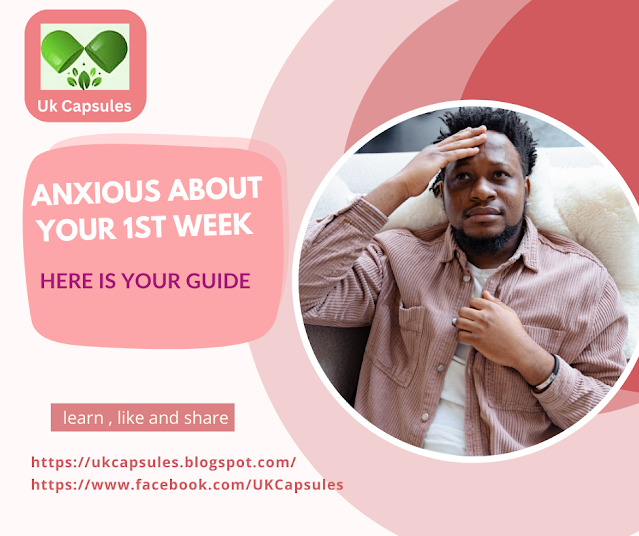Anxious about the 1st week, here is your guide ; How to be ready for the first few weeks of your first job as a doctor in the UK
Anxious about the 1st week, here is your guide ;
How to be ready for the first few weeks of your first job as a doctor in the UK:
Collected and written by: Mohamed Hassan
Disclaimer
You have to check the up-to-date information about the topic also, review the local legal regulations
Starting your first job as a doctor in the UK can be both exciting and nerve-wracking. As you begin this new chapter, it's important to be prepared and set yourself up for success in those critical early weeks. Here are some tips on how to hit the ground running:
Get Organized
- Obtain your GMC license by completing the ID check process if it was not already completed and make sure any other paperwork is in order before your start date. You'll need your license to practice medicine in the UK.
- Make sure you know when and where you need to show up on your first day. Confirm the details with your new employer. (hospital workforce )
- Get your scrubs and any other required uniform items in advance. Check if your hospital has specific colour requirements.
- Prepare a bag with essentials like a stethoscope, pens/highlighters, notebooks, water bottle, snacks, phone charger etc. Things tend to get busy - having your own supplies close by will be helpful.
Learn the Systems
- During your orientation, pay close attention to how the hospital filing systems, EMR, referral processes etc work. Understanding these basics will save you lots of time later.
- If there's a staff handbook, read it cover to cover. It'll likely contain important protocols, contacts and other key details or search the local hospital intranet
- Ask for an introduction to the various allied health staff you'll work with. Get familiar with their roles and the referral procedures.
Shadow Other Doctors
- Use any opportunity to shadow senior medical staff during your first weeks. Observe their workflow and interactions with patients and staff.
- Don't be shy to ask questions while shadowing. Most doctors are happy to explain their thought processes to new colleagues.
- Take detailed notes on organizational processes, procedures, preferences of senior staff etc. Refer back to these once you start solo.
Get Comfortable with Technology
- If your hospital uses electronic medical records, get trained on the system. Make sure you know how to access patient information and upload documentation.
- Learn to use any other healthcare technology systems, equipment and tools you'll need to use on the job. Don't wait until you have to use it on a real patient!
Introduce Yourself
- Meet nurses, administrative and other clinical staff you'll be working with. Get familiar with their roles and communication preferences.
- Introduce yourself to patients you meet. Let them know you're a new doctor and provide some reassurance.
- Build relationships early on. It'll help you become part of the team and get support when needed.
Stay Organized and Ask for Help
- Carry a notebook and planner. Use them to stay on top of tasks, patient follow-ups and organizational requirements.
- Don't be afraid to ask questions! It's better to ask than risk making an error or missing something important.
- Look after your well-being. Eat healthy, stay hydrated and don't skimp on sleep. You want to be in peak condition.
The first few weeks as a new doctor can be demanding. But being proactive and staying organized will set you up for success. Make the most of your orientation period – and good luck! Let me know if you need any clarification or have additional tips to share.


.png)







Comments
Post a Comment